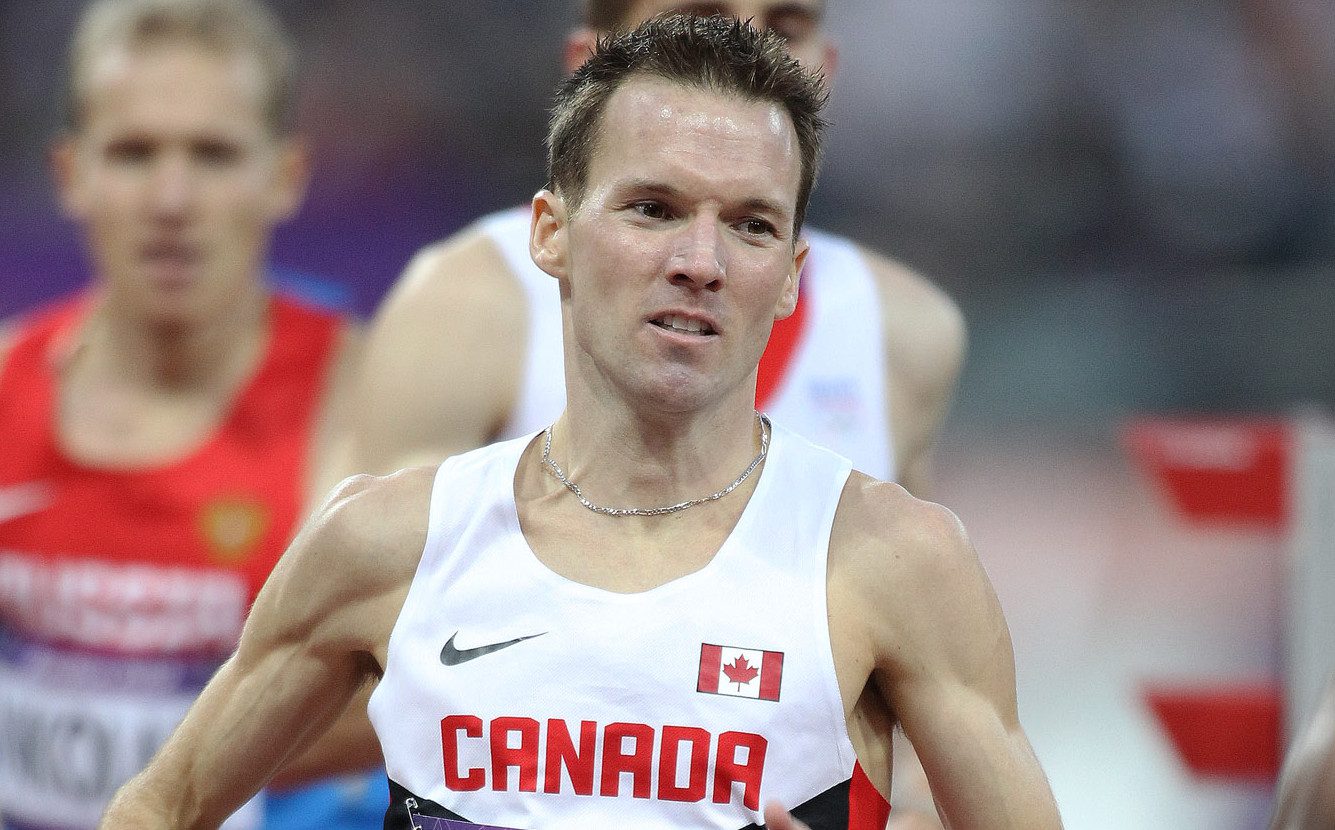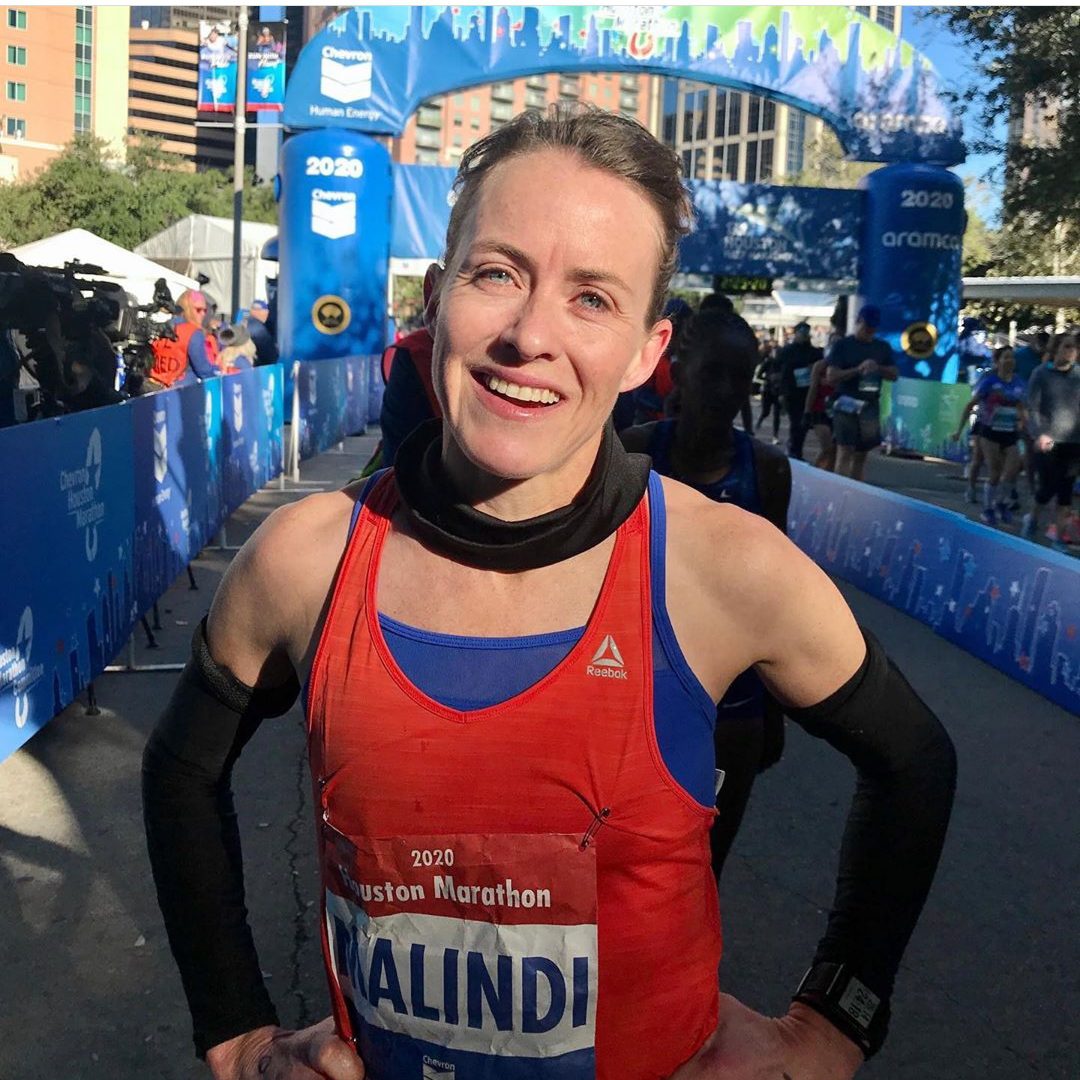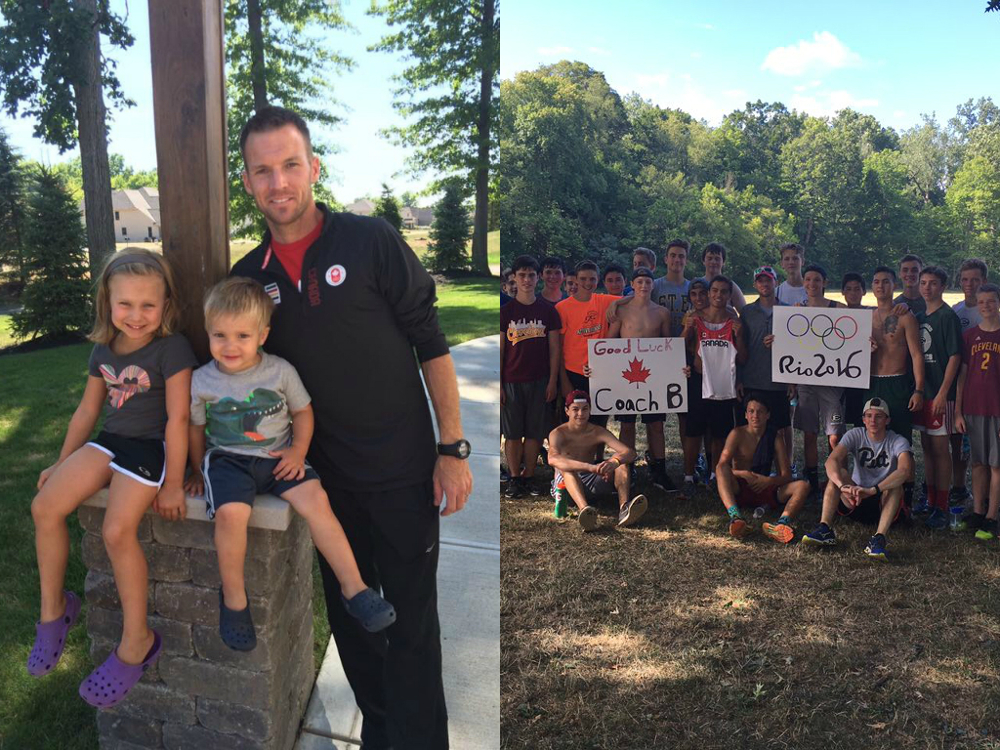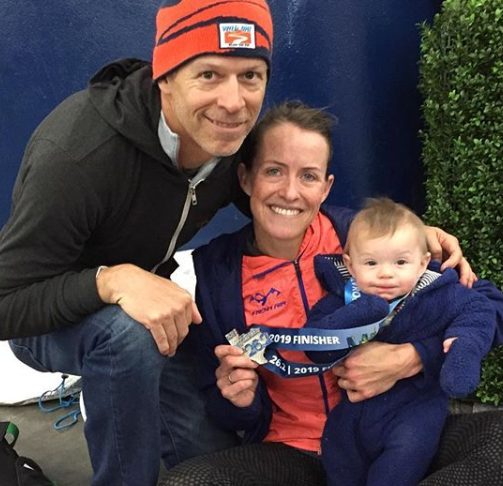How to have long-term running success, with Malindi Elmore and Nate Brannen
Elmore and Brannen explain what has allowed them to have such long and successful careers in running

Nate Brannen, a three-time Olympian and six-time Canadian national champion, began running when he was just eight years old. He went on to have a professional running career that spanned 19 years before hanging up his spikes in 2018. Malindi Elmore also began running as a young child, and more than 25 years after toeing the line at her first race, she became the Canadian marathon record-holder. She will most likely be named to the Olympic team for Tokyo this summer, along with Dayna Pidhoresky. Brannen and Elmore have had some of the longest and most successful running careers in Canada, but how have they done it? What sets them apart from athletes whose careers have been successful but short-lived? We sat down with them to find out how athletes can continue to see results over the long-term.

RELATED: 6 ways to stay motivated when you can’t race in person
For starters, both athletes emphasized that you have to love the sport. Of course, racing and setting new PB’s is fun, but, as Elmore put it, running isn’t about the destination, it’s about the journey. You have to enjoy the day-to-day grind that it takes to be successful, because if you don’t, you’ll burn out.
“I really loved what I did,” says Brannen. “I got a lot out of going to the track and doing a super hard workout where I was on the ground at the end.”
Malindi explains that throughout her career, she’s changed her goals and tried different things to keep it fresh and fun, which has helped her to continue to enjoy the sport, even after nearly three decades. She began her career with a focus on middle-distance events, then shifted to the triathlon, and has now come back to the roads and is focusing on the marathon.
“I’ve changed my goals and had to learn new things,” she says. “It keeps it fresh and rewarding that way.”
Brannen also points out that having patience is key to long-term success as a runner. He says that many athletes who show a lot of potential when they’re young try to push themselves toward success as fast as possible, and end up ‘running it out of their bodies’. Athletes who have a slower progression in the sport have more chance to develop without running themselves into the ground, and this, he says, often comes down to good coaching.
“I had coaches that really were on my side to progress me as a runner and not take advantage of me as an athlete,” he explains. “My whole career I had coaches that looked long term, and that allowed me to keep progressing and make the Olympic final at 34 years old.”
Elmore says that taking breaks from the sport is why she still feels fresh today. She says that taking breaks, whether they’re planned or unplanned, whether they’re from injuries or pregnancy or something else, can give your body the rest it needs to keep you performing at your best.
“I had a few years when I didn’t really race or train, so I think mentally and physically my body feels pretty fresh because it hasn’t been 25 years straight through,” she says.
Both athletes agree that the number-one reason they’ve had long and successful running careers is because they’ve had supportive families. When Brannen’s baby girl was less than six weeks old, he had to leave for Arizona for a six-month training camp. His wife was a runner, so she understood what it takes to get to the highest level in the sport, and her support meant a lot to him. Having a newborn baby and a wife at home, he says, was like flipping a switch in his career. He knew he had to make the most of every run because if he didn’t, the time away wasn’t worth it.

“When you look at my career, my best years were 2012 through 2016,” he says. “Those were the best four years of my life, and a lot was just the support and consistency I had at home. Once I had my kid, I was no longer just going out for a run and see what I could do, I had to do as well as I could because I was sacrificing so much.”
Elmore echoed Brannen’s words. Her husband is her coach, her kids are very involved in her career and are excited about it, and her parents live close by, so they can help her with child care. As for women who want to continue to have success in running while also starting families, Elmore has some advice: be flexible and create a support system for yourself.

“It’s OK to adapt and be flexible,” she says. “Try not to get stressed out when things have to change.”
RELATED: The best running-after-pregnancy comebacks
Without question, Brannen and Elmore have been two of the most successful athletes Canada has ever seen, and while the rest of us may not be on our way to any national records, we can take their advice and apply it to our own running: enjoy the process, don’t rush your success, take breaks when you need to and surround yourself with supportive people.


